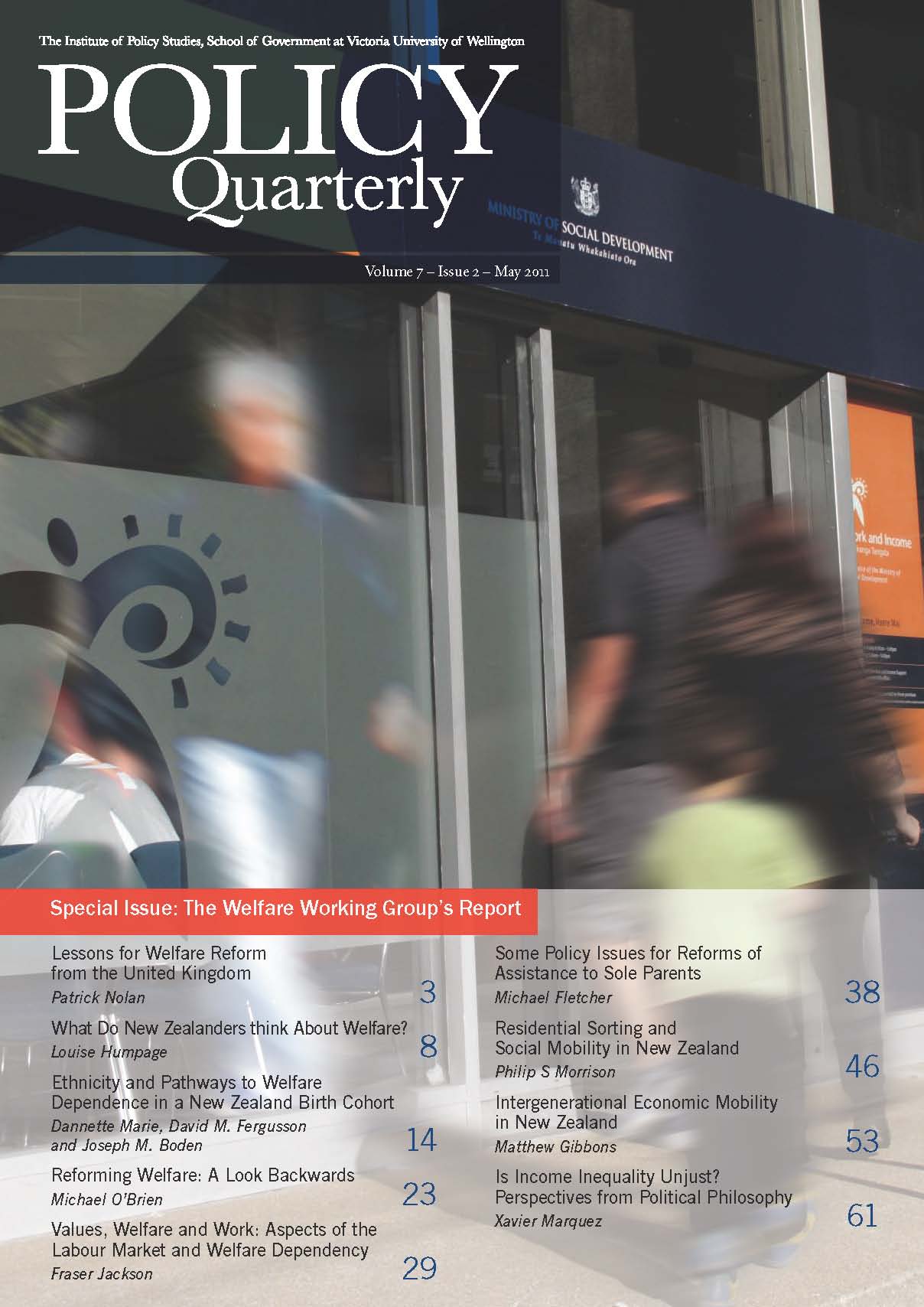Is income inequality unjust? Perspectives from political philosophy
DOI:
https://doi.org/10.26686/pq.v7i2.4378Keywords:
income inequality, absolute deprivation, relative deprivation, income distributionAbstract
Richard Wilkinson and Kate Pickett have argued recently (Wilkinson and Pickett, 2010) that income inequality produces many kinds of social and health problems in rich countries.1 High rates of infant mortality, teenage births, crime and obesity, educational under-achievement, low life expectancy, social mobility and many other social problems are worse, they claim, in more unequal societies. They further argue that these problems are caused not by absolute deprivation (poverty) but by relative deprivation, and that they are best addressed by compressing the income distribution, even if this means slowing or entirely stopping economic growth. Moreover, their argument has the further implication that more could be done for underprivileged groups in society by reducing the gap between the rich and the poor than by investing more resources in public services.
Downloads
Downloads
Published
Issue
Section
License
Permission: In the interest of promoting debate and wider dissemination, the IGPS encourages use of all or part of the articles appearing in PQ, where there is no element of commercial gain. Appropriate acknowledgement of both author and source should be made in all cases. Please direct requests for permission to reprint articles from this publication to Policy-Quarterly@vuw.ac.nz.



